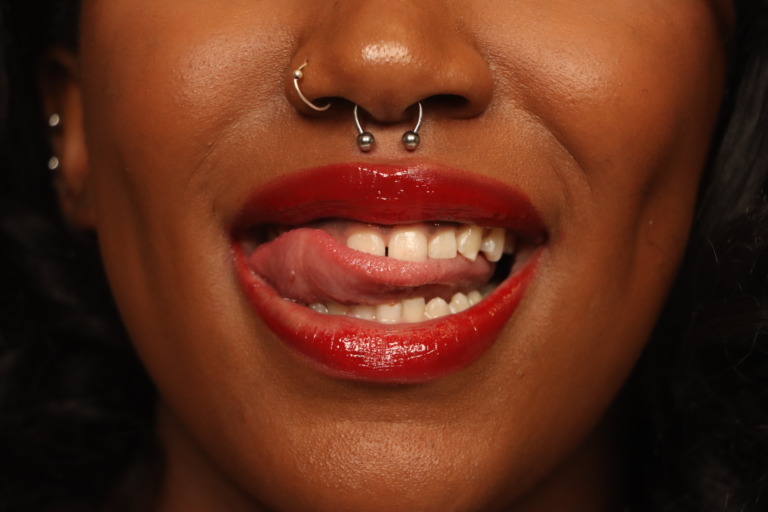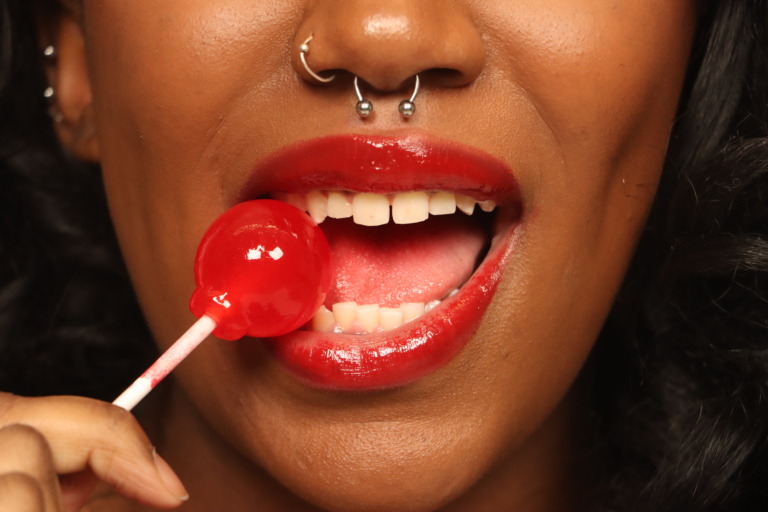
Punk rock gives platform for alternative gender identities
Transgender punk artist uses music to advocate for queer and trans issues
Passionate, vulgar, anti-normative – lyrics off the title track of Against Me!’s album Transgender Dysphoria Blues bleed punk rock. Frontwoman Laura Jane Grace tells a story of alternative gender identities rather than the anarchistic, anti-establishment themes the band is known for.
The group’s sixth album focuses on struggles of gender dysphoria (a feeling of unease or discomfort with your assigned gender) and gender identity. The band swaps familiar lyrics about class wars with new themes of surviving oppression, struggling with mental health, and coming out.
Against Me! was formed in Gainesville, Florida in 1997 by Tom Gabel. Raised by a military family, Gabel’s music was politically charged and unapologetic. The band’s first album, Reinventing Axl Rose, was released in 2002. Success followed.
Whether it captured the feeling of a post-9/11 world or appealed to angst-riddled fans, the anarcho-folk-punk record struck a chord with themes of systemic disillusionment, violent resistance, and distrust of government.
“I don’t make records for critical praise or anything like that,” the singer-songwriter explained in a 2014 interview, “I make records for really selfish reasons; because I enjoy doing it.”
In 2012, the next version of the band took form. Rolling Stone magazine published “The Secret Life of Transgender Rocker Tom Gabel.”
After a lifelong struggle with gender dysphoria, the founder of Against Me! publicly came out with the name that she had been identifying with for years: Laura Jane Grace
“My earliest memories are of gender dysphoria. I felt lost and at times like I couldn’t survive. There was this cycle […] intense feelings of dysphoria coupled with intense feelings of guilt and shame and suppressing it. It took until I was 31 to publicly come out as a transgender woman.”
Grace’s words in her True Trans web series show her internal struggle with gender dysphoria. She speaks about how the grueling practice schedule, recording, and touring helped her temporarily forget – but how dysphoria found ways into her work.
Grace wrote, “I wasn’t ready to address the things I knew about myself back then, when I was all alone.”
“If I could have chosen, I would have been born a woman/My mother once told me she would have named me Laura,” she sings in the second verse of ‘The Ocean’
In her coming out article in Rolling Stone, Grace mentions how she felt she was “completely outing [her]self,” in the second verse but nobody picked up on the admission.
“[I knew] instinctively these were feelings that I had to keep to myself and be ashamed of,” she said, “I knew I had to protect myself and not share.”
****
Nailing down a definition for punk rock isn’t easy. In simple terms, punk rock can be generalized as a group of eclectic kids doing their own thing. Going against the norm is very much the point of the music.
Due to punk’s desire to stray from societal norms or trends, queer theory can be applied to the genre.
Any punk would agree they belong nowhere but with their peers, in a corner of society carved between other niches – regardless of race, gender, or sexual orientation.
The punk rock community provides a medium for Grace as she harnesses dissent and dissatisfaction in punk attitude to spread her message of gender queering and empowerment.
Transgender Dysphoria Blues supports the spread of queer theory, which is to challenge heteronormativity narratives that structure dominant society to exclude sexual identities and practices beyond what is considered “normal.”
Despite Grace’s transition and reinvigorated public influence, she maintains nothing about herself has changed, “I’m still me, I still have the same tastes […] just the gender they perceived of me is different,” she says, “the only change was really the pronouns.”
Grace is as provocative and controversial as ever. Her vocal passion for social justice hasn’t diminished and her music and writing haven’t changed either. Her on-stage performance includes the presence of her longer hair and makeup, but Grace’s persona is as energetic after her transition as it was before.
As time passes, gender identities and equality seem to become more prevalent in the media. Queer events get more coverage, transgender individuals are more appropriately represented, and gender diversity is being celebrated in a surprising genre of music: punk.






